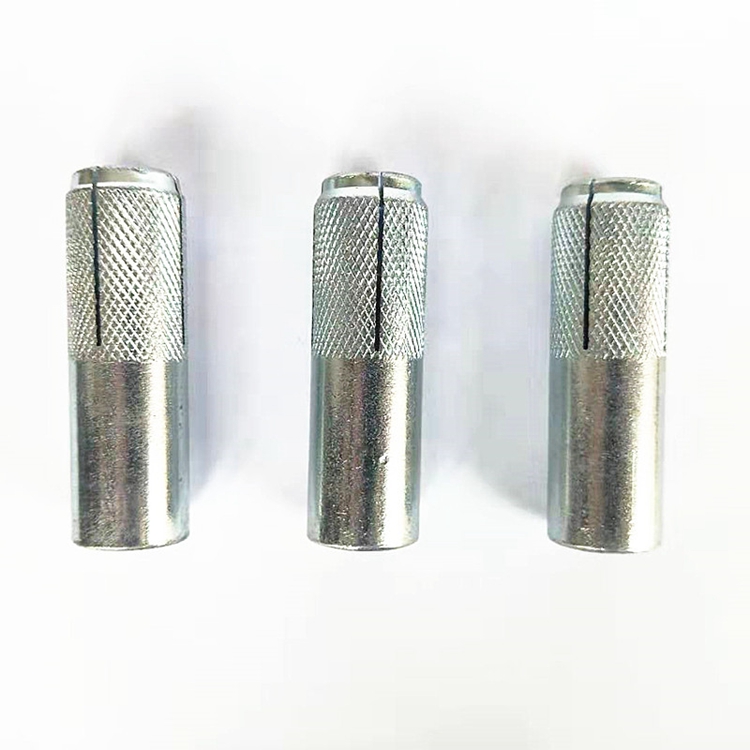Stud Bolt W10826177 Manufacturer - High-Quality Fasteners
Sep . 05, 2024 02:02 Back to list
Stud Bolt W10826177 Manufacturer - High-Quality Fasteners
Understanding Stud Bolt Manufacturers A Focus on Part Number W10826177
In the world of manufacturing and construction, stud bolts play a critical role in securing components and structures together. Stud bolts are typically long, threaded rods that are used to connect two or more parts of machinery, equipment, or structural frameworks. These fasteners come in various sizes and grades, depending on the specific requirements of the application. One such part that has garnered attention in the industry is the stud bolt with part number W10826177.
Manufacturers across the globe specialize in creating these essential components, each contributing to different sectors such as oil and gas, construction, automotive, and aerospace. The quality and reliability of stud bolts are paramount, as they ensure that structures remain intact and functioning properly under various operational stressors.
Finding Reliable Manufacturers
When sourcing stud bolts like W10826177, it is essential to choose manufacturers who adhere to stringent quality standards. Many reputable manufacturers offer certification that indicates their compliance with industry standards such as ASTM, ISO, and API. These certifications give buyers confidence that the products they receive will perform as expected under the necessary conditions.
Reliable manufacturers often have rigorous testing protocols in place to assess the integrity and performance of their stud bolts. This might include tensile strength tests, hardness tests, and corrosion resistance evaluations. By ensuring high-quality production methods, manufacturers can reduce the risk of failure in critical applications, thereby enhancing safety and effectiveness.
stud bolt w10826177 manufacturers

The Importance of Specifications
The part number W10826177 may refer to specific dimensions, thread type, material composition, and predetermined load capacities. Manufacturers differ in their ability to provide custom solutions, catering to unique operational needs. Hence, it is vital for customers to communicate their specifications clearly when ordering stud bolts. This might involve discussing the intended usage environment, load requirements, and any specific certifications needed for the industry.
Additionally, customers should take time to evaluate the materials used in the production of stud bolts. Common materials include stainless steel, carbon steel, and alloy steel. Each material type provides different properties; for example, stainless steel is preferred in corrosive environments due to its resistance to rust and degradation, while carbon steel may be chosen for its strength and durability in high-load applications.
Market Trends and Innovations
As industries evolve, so do the manufacturing processes for stud bolts. Many manufacturers are turning to advanced technology such as computer-aided design (CAD) and automated production lines to enhance precision and reduce costs. Furthermore, the rise of sustainable practices has pushed manufacturers toward creating eco-friendly products, using recyclable materials and reducing waste in production.
In conclusion, when considering the procurement of stud bolts like W10826177, it is crucial to identify reputable manufacturers who prioritize quality and adherence to standards. Understanding the specific requirements and specifications for each project can lead to successful outcomes in applications that rely on these essential fasteners. Through collaboration with skilled manufacturers and a commitment to quality, industries can ensure the longevity and safety of their projects.
Latest news
-
High-Quality Panel Stud Bolt Reliable Panel Stud Bolt Factory & Suppliers
NewsJul.08,2025
-
High-Precision Fine Thread Locknuts Manufacturer & Supplier Custom Solutions
NewsJul.08,2025
-
PH Imperial Stud Bolt – High Strength Fasteners from Leading Supplier & Factory
NewsJul.07,2025
-
High-Quality Allen Wrench Bolts Leading Factory, Company & Suppliers
NewsJul.07,2025
-
Wholesale Ball Stud Bolt - High Quality Supplier & Factory Price Reliable Wholesale Ball Stud Bolt Company
NewsJul.06,2025
-
High-Strength Alloy Bolts Manufacturer & Supplier Quality Alloy Fasteners Factory
NewsJul.06,2025
